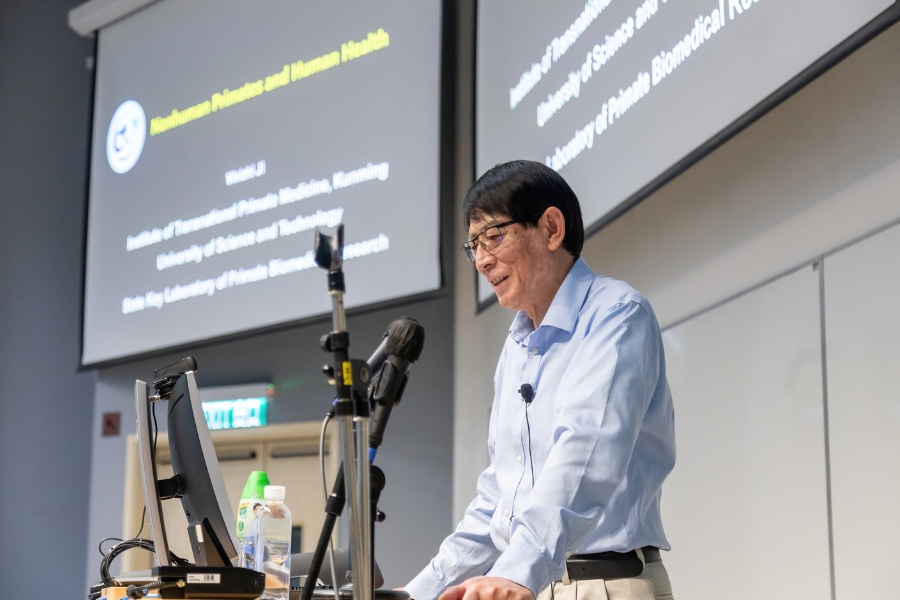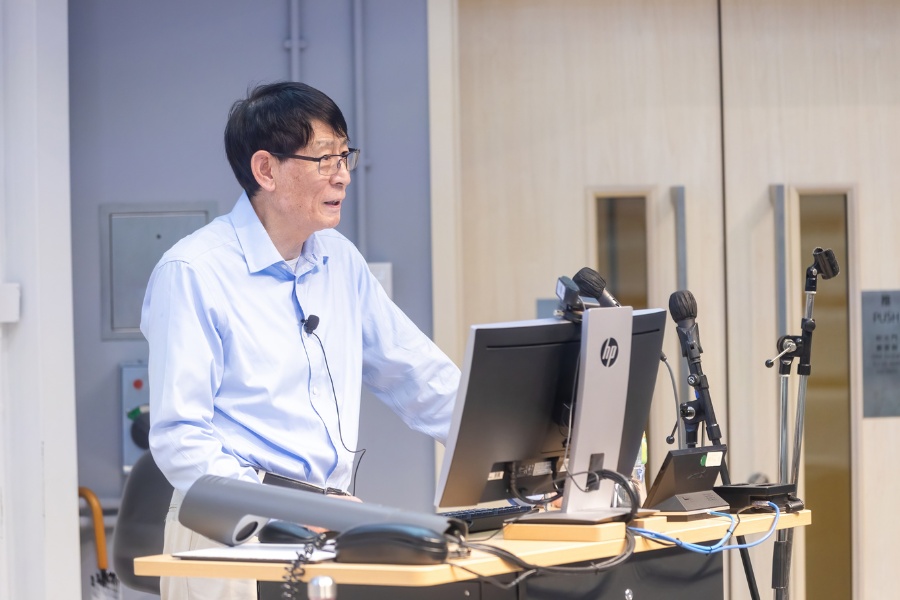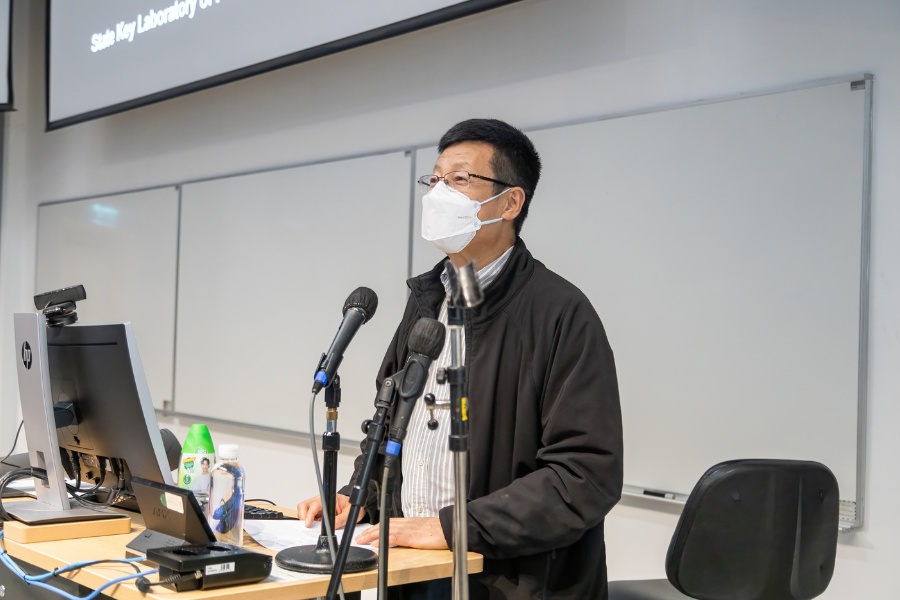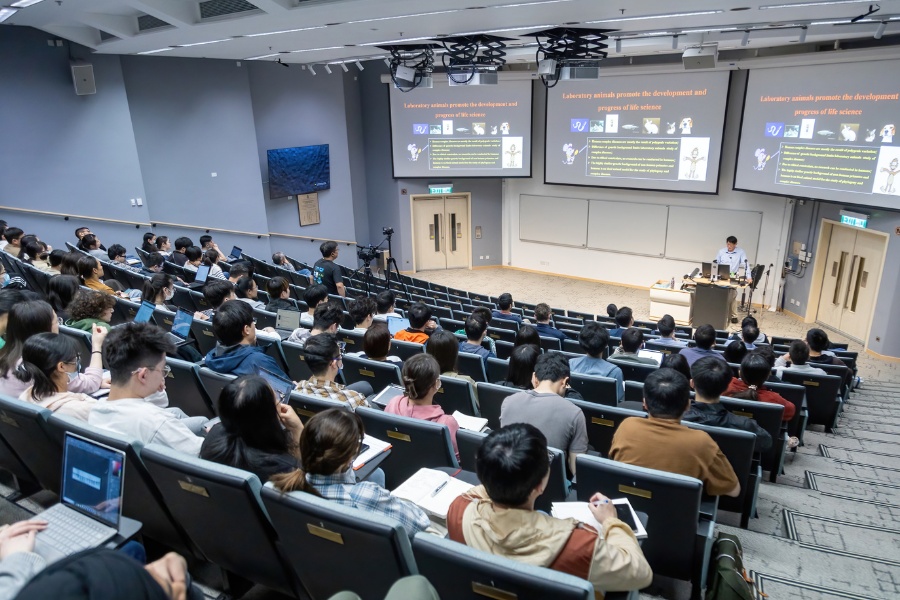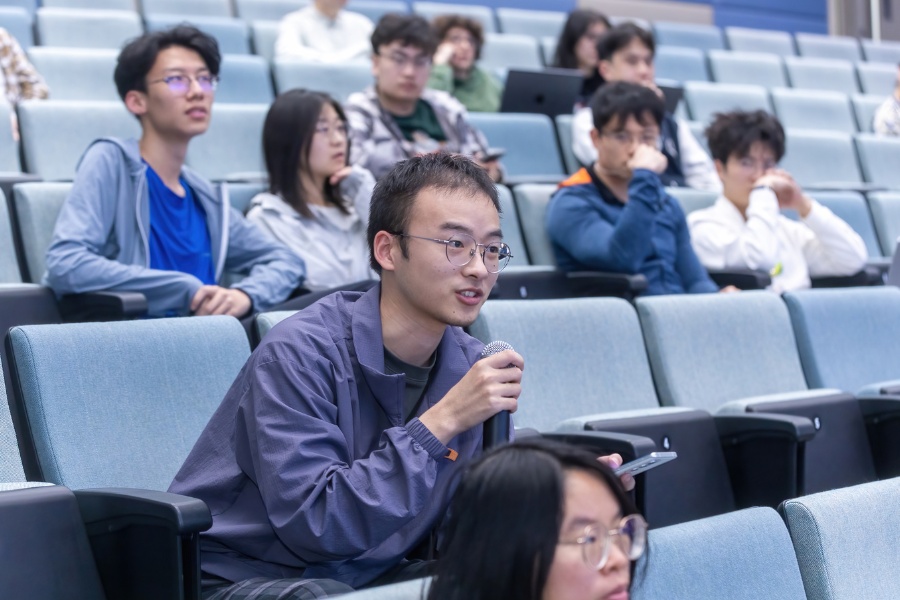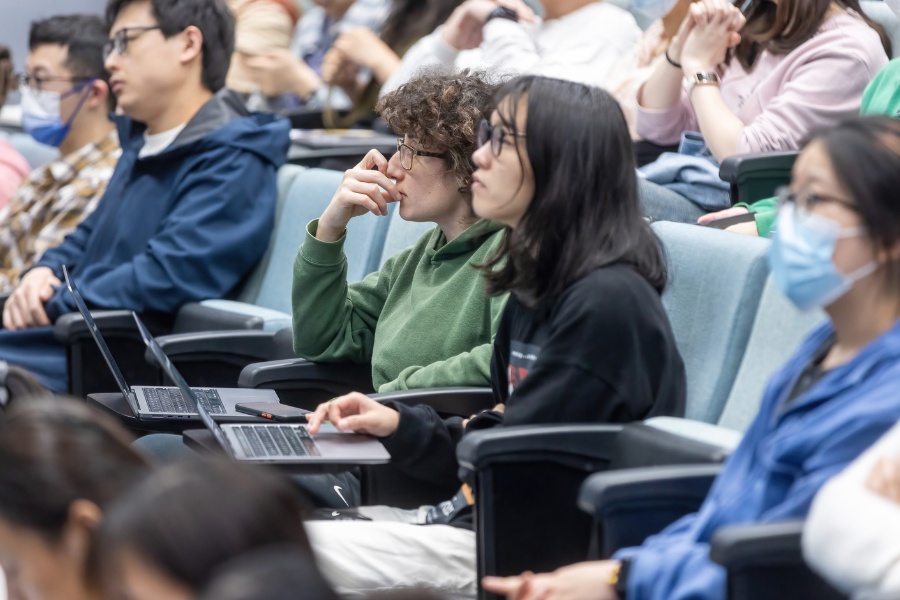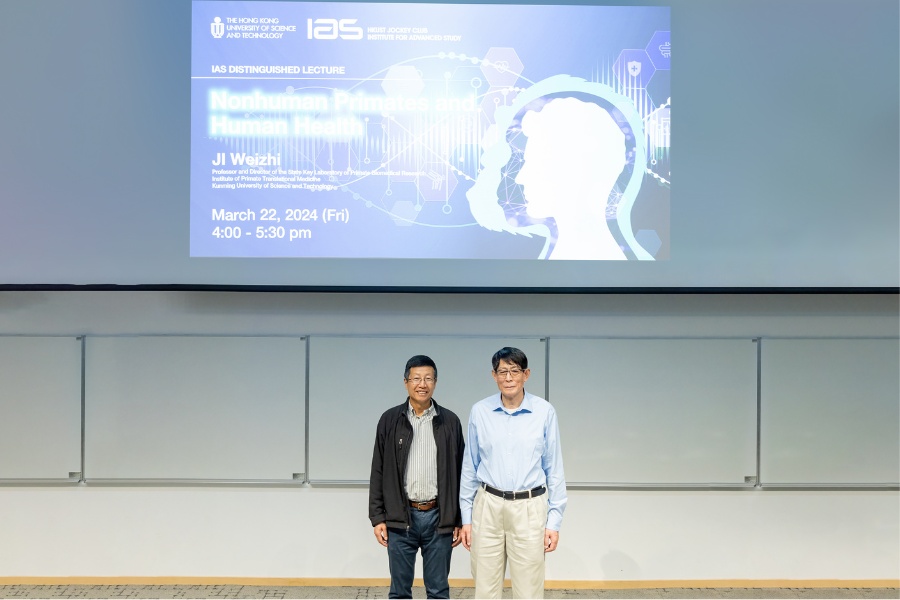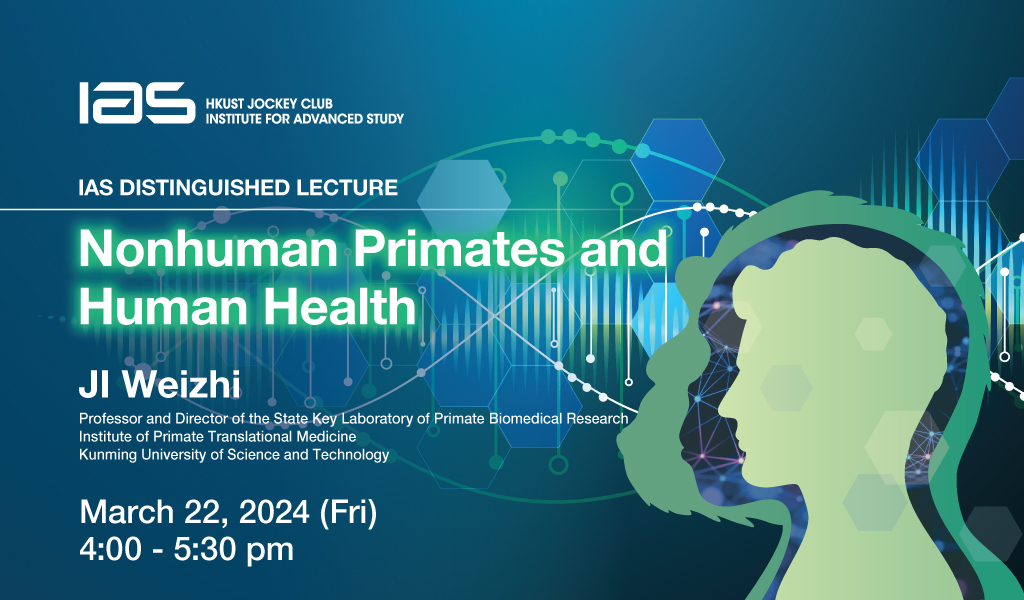Nonhuman Primates and Human Health
Abstract
Human health is affected from birth to old age. Our understanding of human health is limited by technical and ethical constraints. Non-human primates are an ideal animal model because of their genetic background and physical characteristics that are very similar to humans.
Gastrulation is one of the most critical events in mammals for its further development and health status. However, its mechanism in primates including human and nonhuman primate is not clearly understood due to the technical and ethical limits.
The speaker and his research team developed a three-dimensional (3D) blastocyst-culture system, which enabled human blastocyst development through primitive streak anlage (PSA) formation, which mimic in vivo developmental landmarks and 3D-architectures.
As the “14 days rule for human embryo study” limitation, an embedded 3D culture system for monkey embryos is developed that allows in vitro culturing up to 25 days post-fertilization. Previous ex utero methods arrested during the stage of initial gastrulation, and this extend culture allows for development into early organogenesis. This system provides a new research system for educating human embryo development, organogenesis and formation, and even infertility.
On the other hand, humans also face a series of complex diseases such as Parkinson's disease etc. The establishment of ideal animal models of these diseases will be of great help to the understanding and treatment of disease mechanisms.
For the first time in the world, it has achieved gene knockout, knockout and single base editing in nonhuman primates, created a variety of complex disease monkey models that highly simulate clinical phenotypes, dynamically tracked the ontogenetic development process of the models and the occurrence and development process of diseases, analyzed the cellular basis and molecular regulation mechanism of disease phenotypes.
Primate-like embryonic stem cells capable of producing chimeras were obtained for the first time, and chimeric monkey and human-monkey chimera embryos were generated. The speaker and his research team discovered the chimerism of primate PSCs and their interaction with embryos, challenging the notion that naive states are key to the chimerism of PSCs. The treatment of PD monkey model with stem cells has achieved good results.
About the speaker
Prof. JI Weizhi currently is a Member of Chinese Academy of Sciences (CAS), Professor and Director of the State Key Laboratory of Primate Biomedical Research, Institute of Primate Translational Medicine, Kunming University of Science and Technology.
During the last three decades, Prof. Ji has been devoted to developing nonhuman primate disease models and to advance regenerative and developmental biology with the overarching aim to improve human health. His research has focused on the mechanisms of early embryo development regulation, stem cell pluripotency and nonhuman primate models for human neurodevelopmental and neurodegenerative diseases. He has established a world leading primate research platform encompassing cutting edge biotechnology ranging from in vitro fertilization, early embryonic development, gene editing to stem cell lines which allows a unique approach. His lab developed the first gene-modified rhesus and cynomolgus monkeys via Cas9/RNA-mediated gene targeting in 2014, first proved the feasibility to generate chimeric monkeys using ESCs in 2015 and succeeded in extending in vitro culture for monkey in 2019 and for human early embryos in 2020. In 2021, leveraging the embryo in vitro culture system, his lab generated the first human-monkey chimeras. In 2023, the team developed an embedded 3D culture system that allows for the extended ex utero culture of cynomolgus monkey embryos for up to 25 days postfertilization.
Prof. Ji has been providing his expertise in the national committees for reproduction and development biology, stem cells research and has led a series of state key research projects by the Ministry of Science and Technology, China. His research has been published in internationally recognized journals, including Cell, Science, Nature, Cell Stem Cell, PNAS and others, among which the study of the first primates born with genomes engineered by precision gene-targeting methods published in Cell has been regarded as a milestone of animal disease model development and listed as one of the 10 technology breakthroughs in 2014 by MIT Technology Review, Best Research Article of 2014 by Cell, one of the 8 Success in science of 2014 by Nature, The Best Science images of 2021 by Nature & Cell.
For Attendees' Attention
Seating is on a first come, first served basis.

